The content of the article
Doctors advise the expectant mother to include in the diet more seasonal seasonal vegetables. They have a mild diuretic and laxative property, cleanse the body of metabolic products and toxins, saturate cells with energy and minerals. In spring and summer, pregnant women can enjoy a radish - a vitamin and mouth-watering product.
Of course, the sharp taste of the root crop and the high content of extracts can cause heartburn or digestive problems. Therefore, it is important to familiarize yourself with the rules for treating radishes during pregnancy, as well as with possible restrictions on admission.
Chemical composition
So, the red root crop contains the following useful components:
- vegetable fiber;
- enzymes (e.g. amylase);
- vegetable sugars;
- mustard essential oils;
- lysozyme;
- volatile;
- B vitamins (including niacin and folic acid), ascorbic acid, vitamin K;
- macro- and microelements (calcium, magnesium, potassium, copper, iron, sodium, zinc, phosphorus, manganese).
Also, the vegetable contains proteins - a little more than a gram, fats - 0.1 grams and carbohydrates - 3.4 g. Radish mainly consists of water, so its calorie content is low - from 14 to 19 kcal per 100 g (according to various sources). That is, the vegetable can be safely taken as food and not be afraid to gain extra kilograms during pregnancy.
The use of radishes for pregnant
First of all, the body of the future mother needs various vitamins that are involved in the formation and development of the baby’s internal systems, maintaining the health of the woman herself.
Calcium in the radish is responsible for building and strengthening the skeletal system of the child. It provides the strength of bone tissue (including teeth), as well as the development of the muscles of the embryo.
Vitamin B9 or the famous folic acid prevents the development of fetal malformations in the first trimester. It also affects the formation of the baby’s nervous system.
Vitamin C is responsible for general and local immunity, allows you to resist various diseases and allergens. Also, ascorbic acid is involved in the process of hematopoiesis, strengthens the vascular walls, ensures the absorption of the trace element of iron, and prevents the oxidation of cells. A whole bunch of root vegetables is enough to provide the pregnant woman's daily requirement for vitamin C.
Vitamin K is involved in hemostasis (the process of blood coagulation). It is thanks to him that during childbirth it is possible to avoid severe blood loss.
Plant fibers or fiber have a beneficial effect on intestinal motility, provide normal digestion and regular stool. Pregnant women often use radishes in order to overcome chronic constipation in the last trimester. Fiber also binds and removes “bad” cholesterol from the body, cleansing the mother’s vessels and facilitating the work of the heart.
Enzymes in the radish will allow you to digest carbohydrates in a quality manner. It is known that expectant mothers often lean on sweets, so the radish will help dishes digest faster and not be deposited on the sides in the form of extra pounds.
If a woman had a history of diabetes mellitus or developed gestational diabetes during pregnancy, then radish will help reduce plasma glucose levels to normal levels.
The root crop is also known for its antimicrobial properties. Lysozyme kills pathogenic microflora and infections, and phytoncides in the composition are natural antibiotics. In total with vitamin C, these components provide the body's immunity to colds, viral, bacterial and infectious diseases. Also, radishes will allow you to fight with worms and other parasites of the gastrointestinal tract.
Mustard esters act as antiseptics, due to which they provide trouble-free healing of tissues.
Also, radish has other beneficial properties for the pregnant woman:
- It removes excess water from the body, thereby reducing edema, characteristic of late periods.
- Strengthens blood vessels and prevents increased thrombosis.
- Strengthens the heart muscle, which allows you to normally pump blood for the placental circle of blood circulation.
- Regulates metabolism, which ensures maximum energy and beneficial components from food.
- It alleviates the symptoms of toxicosis: reduces nausea and vomiting, improves appetite and digestion.
- Reduces headaches and migraines.
- Used for back pain in the later stages as a local remedy.
How to apply
Usually radish is consumed raw in salads and side dishes. Sometimes freshly squeezed root juice is mixed with fresh vegetables from other vegetables (tomato, beetroot, carrot) in a small concentration. Few people know, but not only root vegetables themselves can be used in food, but also radish tops.
For headaches, migraines, irritability, nervousness and insomnia, local application of radish is recommended. For example, the juice of the fetus can rub the area of the temples, forehead and nose. They say relief comes within 10 minutes.
Chronic constipation is treated with a decoction of tops. Fresh green radish is taken (1 large spoon), 250 ml of boiling water is poured and sent to a thermos to infuse for an hour. The broth is consumed 3 times a day, 2 tablespoons half an hour after a snack.
In order to improve the condition of the skin or hair during pregnancy, a special nourishing mask is prepared. Vegetable oil is taken (preferably olive or linseed) - 3 tablespoons, combined with 1 teaspoon of starch. 2-3 radishes, grated on a fine grater, are added to the mixture, after which everything is thoroughly mixed. The mask must be applied to clean skin for 10 minutes. For healthy and strong hair, the product must be kept for 40 minutes on the head under a film and a warm towel, then rinse thoroughly with shampoo.
What is harmful radish during pregnancy
Raw vegetables contain a lot of extractive components and organic acids, which can harm the body of the expectant mother.
During admission, the following negative points must be considered:
- The root crop is extracted directly from the soil and may contain pathogenic microflora (toxoplasmosis, salmonella, E. coli), traces of nitrates and chemicals. Before use, it is recommended to thoroughly rinse the vegetable with boiling water and gently clean the top layer. The tops should also be boiled before further consumption.
- Radish can cause fermentation in the stomach and intestines, as well as increased gas formation. It is not recommended to abuse the vegetable in the later stages, as well as at night. Contraindication is flatulence of a pregnant woman. You can alleviate the condition if you use radish stewed or baked.
- The root crop contains extractives, esters and vitamin C, which are quite strong allergens. Doctors do not recommend using a radish in the amount of more than a bunch per day.
- Acute radish adversely affects the delicate mucous membranes of the stomach and intestines, can aggravate existing micro-lesions. That is why the vegetable should not be categorically consumed with exacerbation of an ulcer or gastritis, enterocolitis.
- Also, the sharpness of the radish provokes a significant fluid intake, which burdens the kidneys. There are frequent cases of pyelonephritis during pregnancy, especially in the last trimester.
Radishes for pregnant women do more good than harm. This inexpensive and affordable vegetable nourishes the body with a number of components that are important for the healthy development of the child. He also supports the immunity and digestion of the expectant mother.
Video: health benefits and harms of radishes

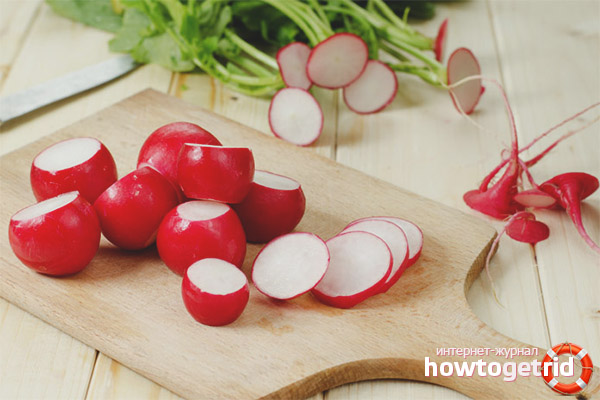
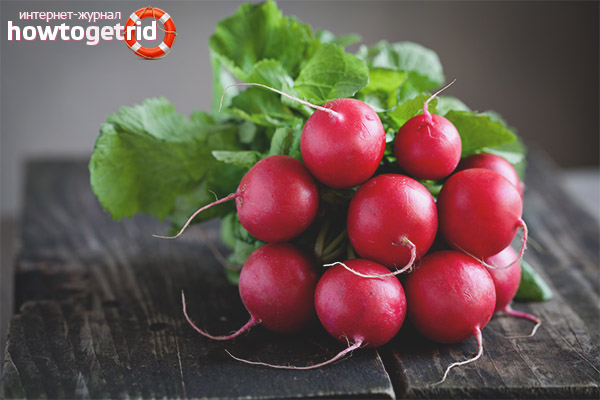
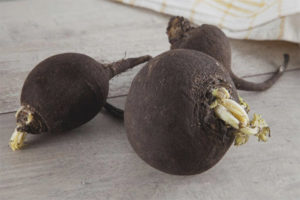



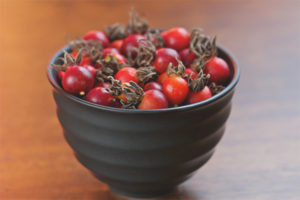


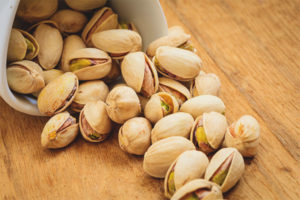
Submit